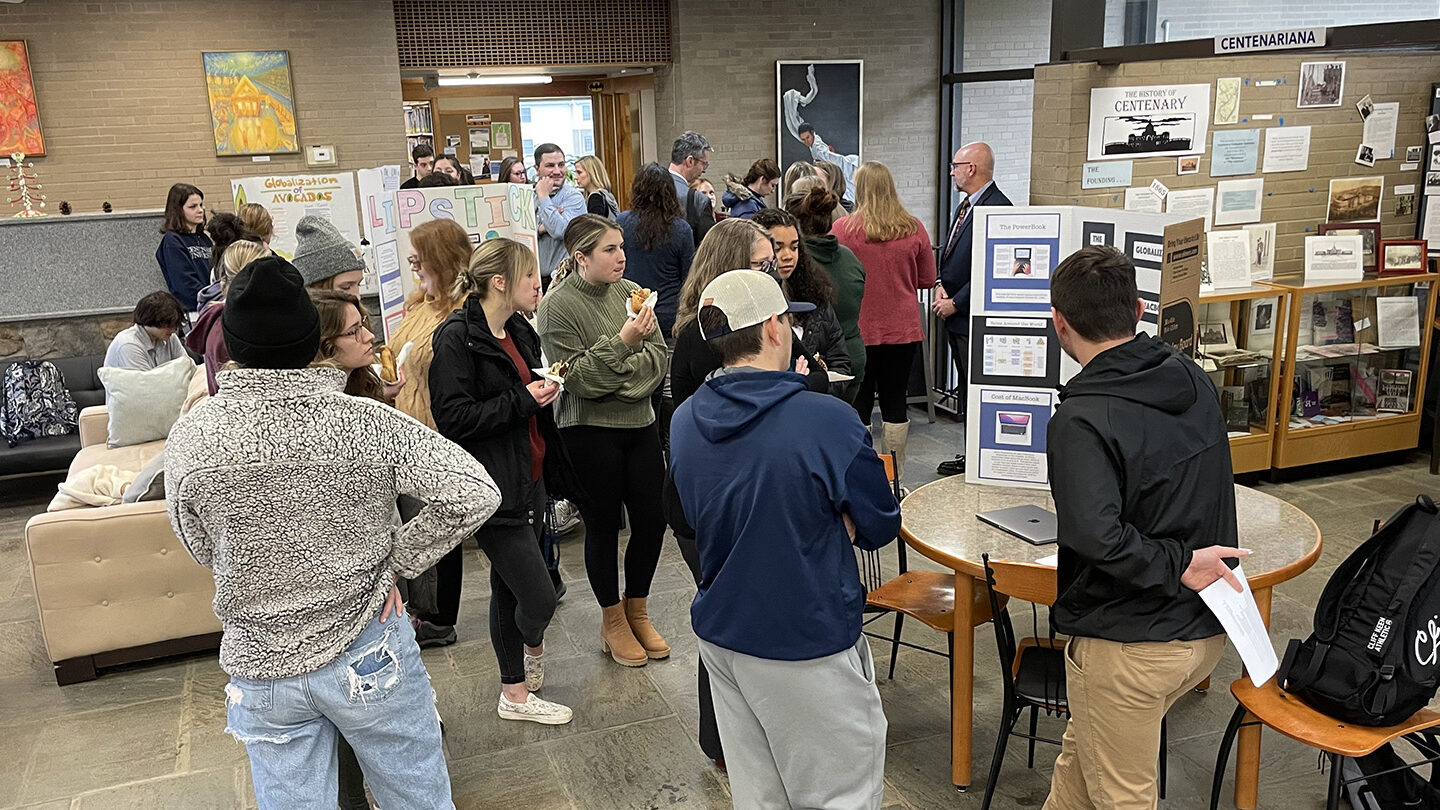
Bachelor of Arts in History
History is, at its most basic, what happened in the past. But to a historian, or a student of history, it’s so much more.
History is the study of change over time — what happened when is important, but more important is to establish what changed, and why it changed. Even more exciting for the historian is that history is an argument about the past. That is, history is written by historians. History is also the stories we tell about who we are and where we came from. Those stories are based on a close reading of primary sources written in the past, but also on the creative and critical thinking applied to those facts.
In pursuit of your Bachelor of Arts in History at Centenary University, you will take courses in U.S. History and World History, courses that focus on the major events and characters of the past. But these are not your high school history classes — you will be introduced to disputes about what happened and what it means, and to historical theories such as social history, feminist history, and others. The same story can be told in different ways, and you will learn how to assess the various stories and the truth (or bias) in them. We also, on occasion, try to make our classes fun! One unique course is The Crusades. Rather than just reading a textbook about those medieval battles, students are assigned characters to portray and the class engages in a multi-week role-playing event.
In addition to the basic courses, the history faculty provide a range of courses over both space and time. In the last few years, these courses have included A History of Islam, African American History, Environmental History, U.S. Involvement in Southeast Asia, War in Pop Culture, A History of 9/11, the Crusades, and others. You can even design your own course (called an independent study) if you are interested in something we do not offer.
Class field trips
Some classes offer field trips. Examples include:
- The History of 9/11 includes a trip to the Memorial and Museum in Washington
- Public History (the study of museums and monuments) takes several trips to nearby museums, such as the Morris County Historical Museum and Waterloo Village, and explores Hackettstown in a walking tour of the downtown area. Who knew that George Washington had dined on Main Street? Or that there are over 20 Revolutionary War veterans buried next to the Presbyterian Church?
- Some classes also include service learning. Environment History students planted trees at a nearby Audubon Society property, while students in World Geography traveled to Highland Park to set up an apartment for a refugee family moving to the country.
History minor
Students interested in completing a minor in History must complete a minimum of 16 credits in History above and beyond the classes in their areas which may be used to fulfill the College core requirements or other program requirements.